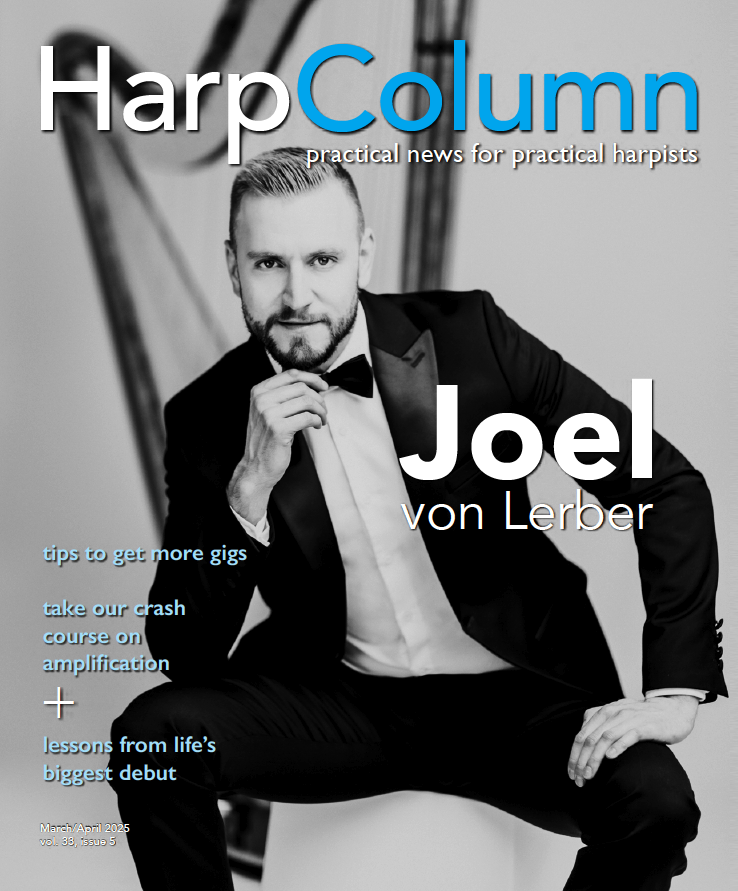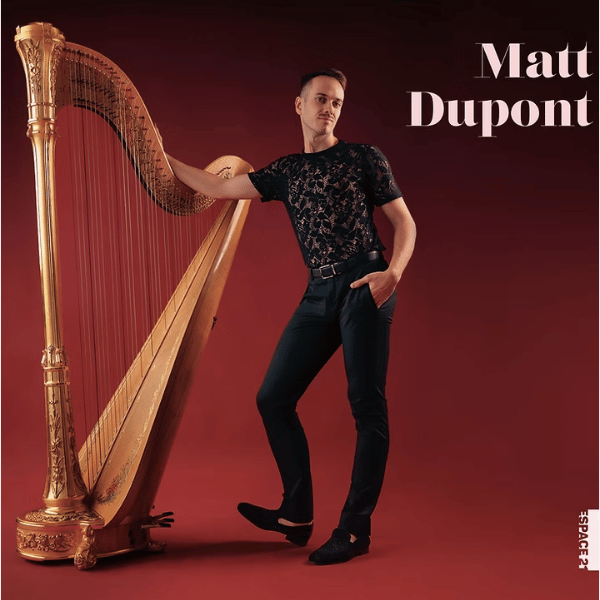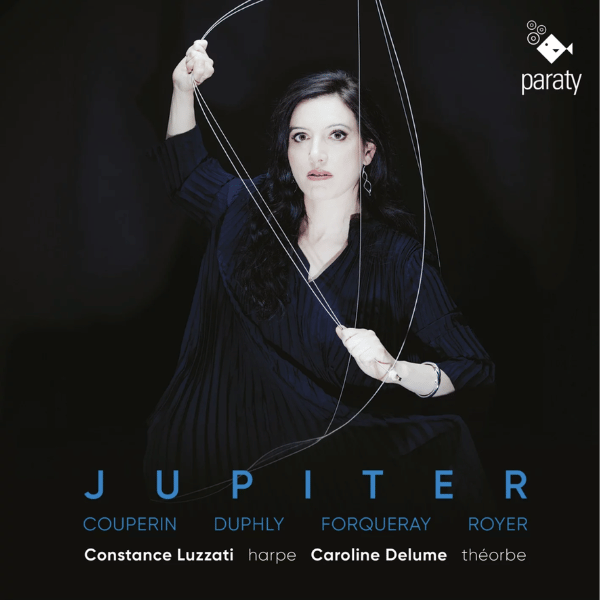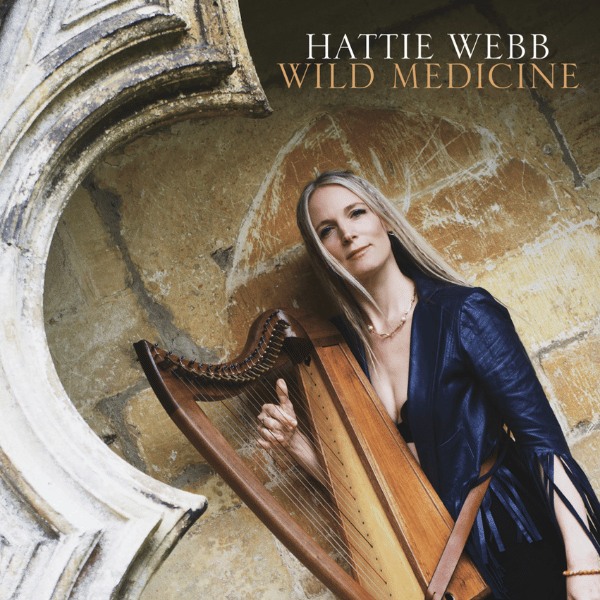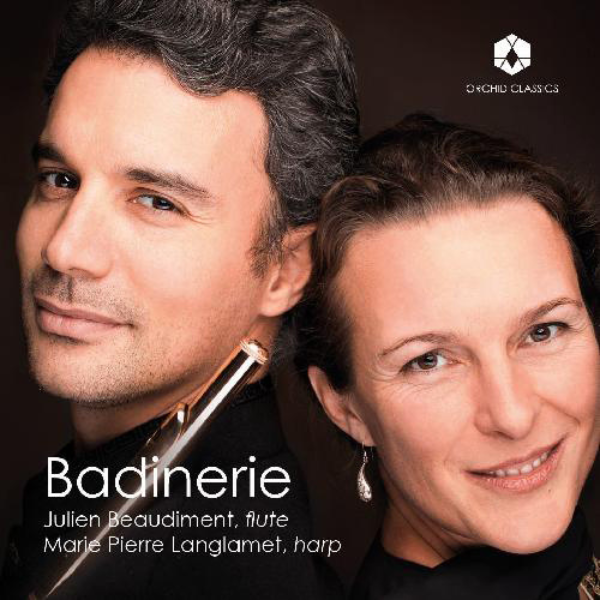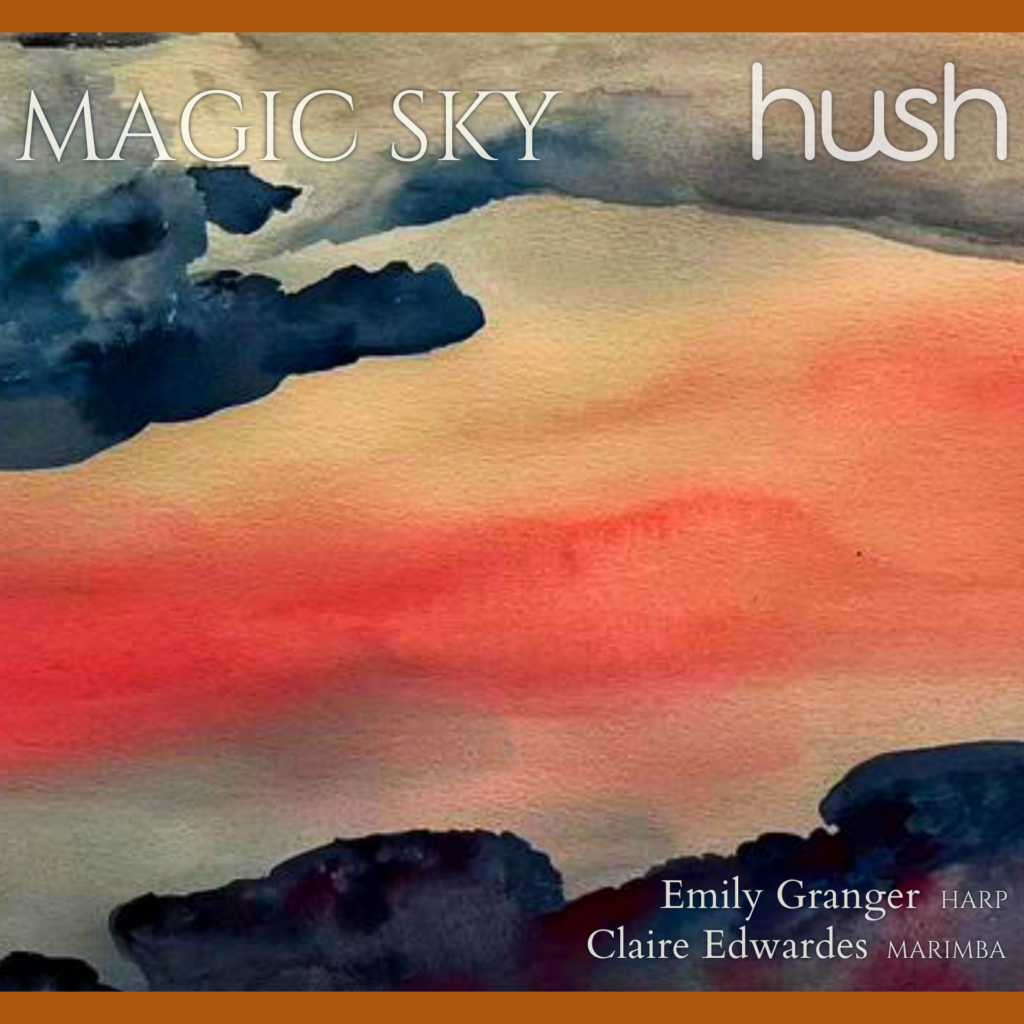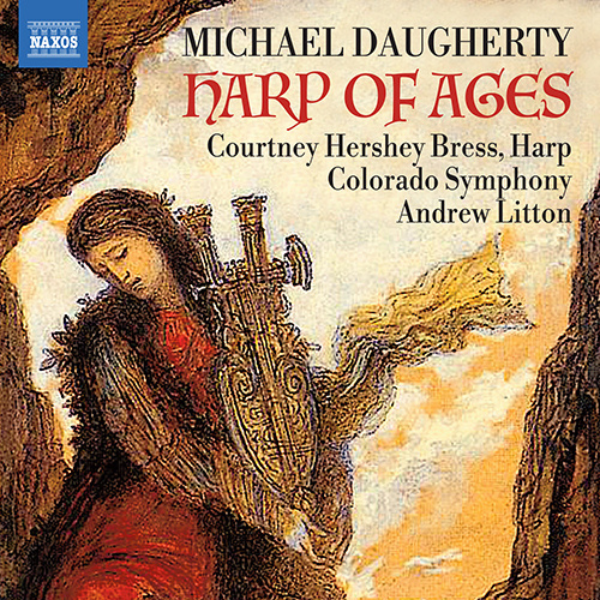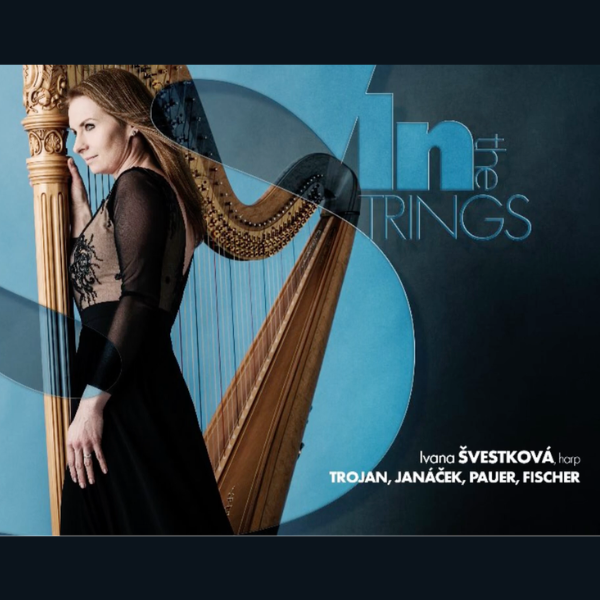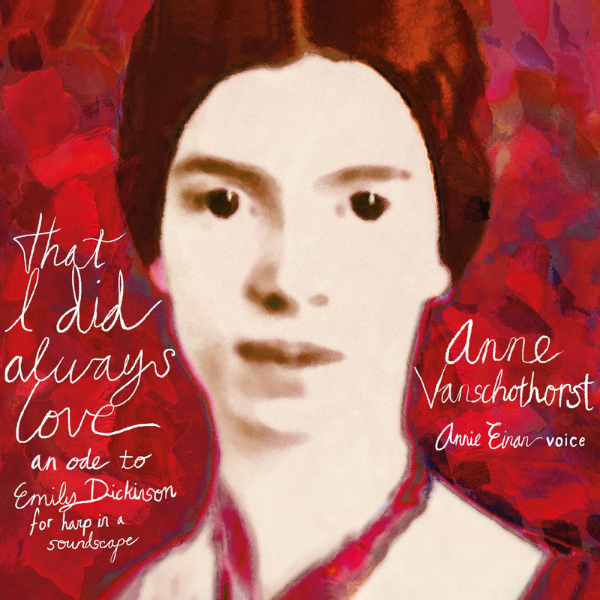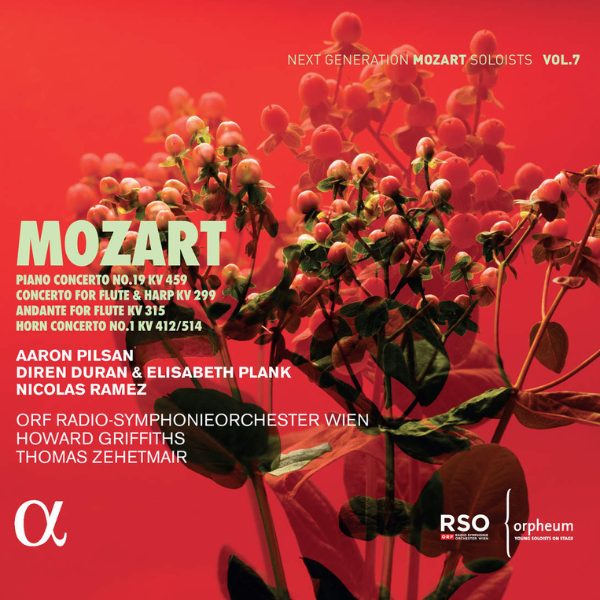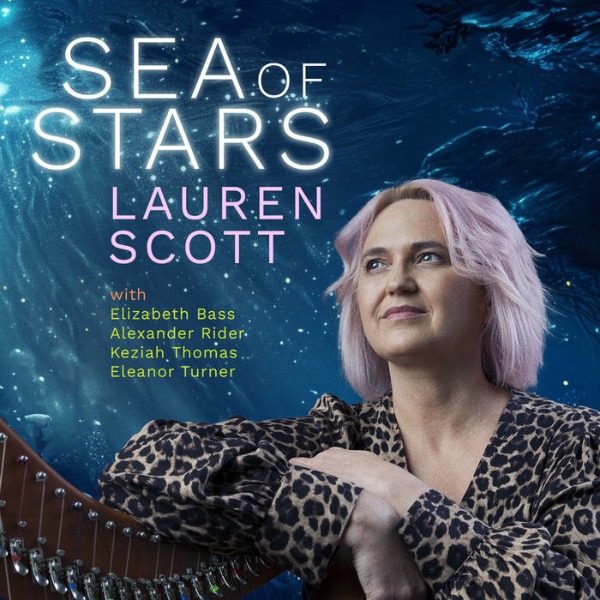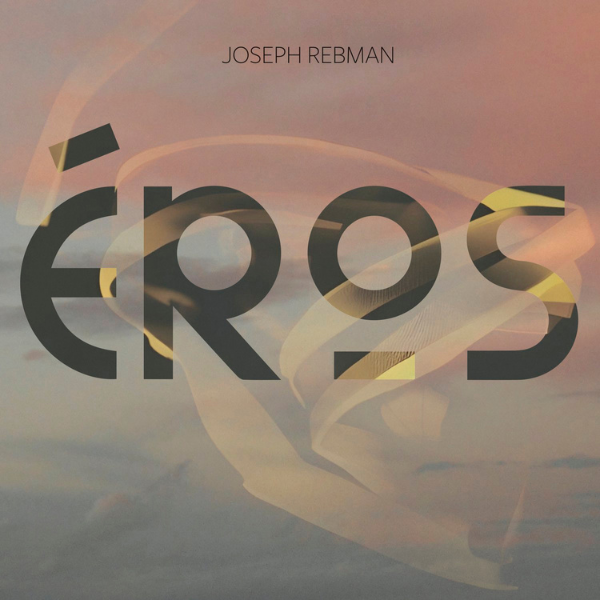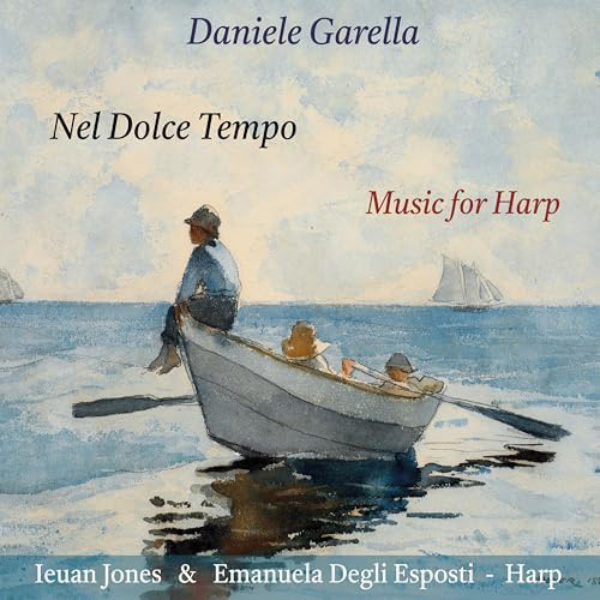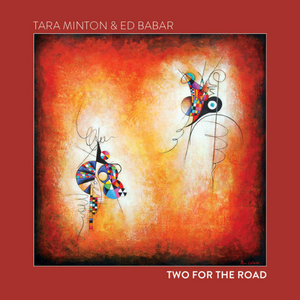
9/10
Tara Minton, harp/vocals, Ed Babar, bass, Stan Sulzmann, tenor saxophone, and Lilia Iontcheva, percussion. Jazzizit Records, 2022.
It’s all fragile vulnerability as the curtain pulls back on Tara Minton’s latest disc. The frothy and burbling arpeggios in Geoff Gascoyne’s “Life in a Bubble” are miked so closely you can hear each finger pad against the string. Then, we hear a voice. No words are necessary; her sultry and flexible sound says it all, reaching deftly across a sea of sound for a partner who might match her color and skill, sensibility, and smart musicianship. She finds him in the outstanding bassist, Ed Babar.
Two for the Road is a marvelous collection of music that surveys the Great American Songbook as well as the British Jazz Canon. Less a duo than a trio, Minton and Babar have it all—melodic, harmonic, and rhythmic capabilities. And they’re not afraid to strut their stuff, once that curtain is fully opened, in a sassy rendition of Jimmy McHugh’s “On the Sunny Side of the Street,” trading solos with esprit and gloriously tight ensemble.
A favorite on the album is “Games”by one of the great electric harpists of the ’60s, Dorothy Ashby, who stirred funk, soul, and jazz in one pot and set the harp on top. Joined by the stellar Bulgarian percussionist Lilia Iontcheva who extracts all kinds of style from her drums, this version of “Games” lays back more, the pace allowing everything to settle into a snappy groove.
One of the most interesting transformations on the disc is a reworking of bass legend Dave Holland’s “Dream of the Elders” with words by jazz vocalist Norma Winstone, (with Holland’s blessing). Renamed “What We Have to Be,” the words lead the way for musical meditation.
“Bright is the sky, the sunlight is breaking through. Guiding the way to all that’s ahead of you.”
It was a serendipitous meeting on a hiking trip that brought jazz saxophonist Stan Sulzmann on board. His tone is just the right amount of soulful to complement Minton’s singing, while Babar channels Holland’s contemplative walking line.
John Taylor’s “Whirlpool” drives, the insistence of its complex rhythm dominating, but both Sulzmann and Minton control the narrative with liquid legato. A little gem not quite in the “canon” is John Williams’ theme for the film The Terminal. Sweet and simple, “Jazz Autographs” requires less pizzazz and more heart, which is just where Minton and Babar inhabit it.
You’ll fall in love with familiar tunes in new guises, especially J. Fred Coots’ “You Go to My Head,” beginning on shifting ground that eventually relaxes into some of the most beguiling scat of the album. In Thelonious Monk’s “Round Midnight,” Minton and Babar trade lines of melody with ease and élan, finishing one another’s thoughts.
“Blackbird” is presented as a gentle lullaby over a joyous ostinato, Babar’s solo especially appealing.
The title track, Henry Mancini’s “Two for the Road,”sums it all up—a journey of two friends loving a life on the road and making music.




